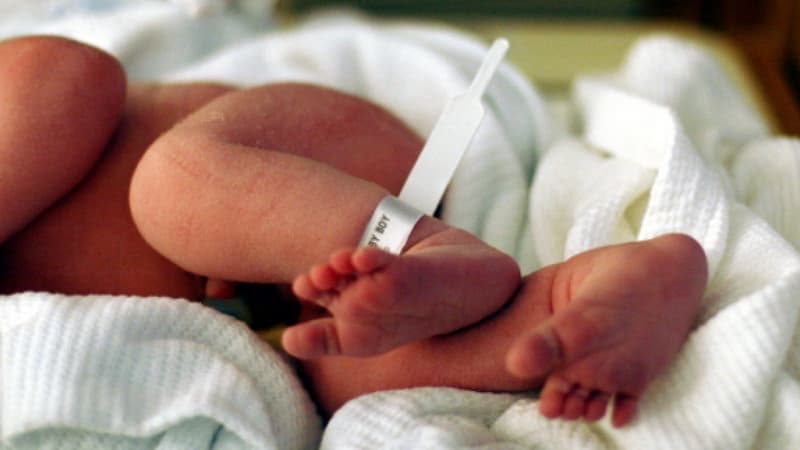At 79, actor Robert de Niro “just had” a seventh child. He announced it during an interview for and canada posted Monday, without giving further details about the boy’s age. The risks associated with a late pregnancy for a woman are well known, but what about parenthood later in life?
On its site, the Health Insurance highlights that women are generally aware “of a biological clock that leads them to menopause”, but that men have “little knowledge” of their decline in fertility with age, because they are less subject to social pressure.
DNA fragments with age
However, in humans, “the spermatozoa genome is altered with age due to the fragmentation of its DNA, a source of greater difficulty in conceiving, an increase in abortions, and genetic risks in offspring,” explains Seguros. According to this, each extra year in a man “increases the risk of non-pregnancy by 11% and of not being born alive by 12%.”
For example, “the older the paternal age, the greater the risk of developing schizophrenia,” because schizophrenia has a genetic component, according to a study published in 2011 in the French journal of psychiatry Encephale.
Increased risk of premature births
Another study, carried out in the United States on data from 40 million births between 2007 and 2016 and published in 2018 in the british medical journal, also shows higher risks with a relatively older father. The authors determined that children whose parents were older than 35 years were at increased risk at birth.
Babies born to parents aged 45 or older had a 14% increased risk of preterm delivery and a 14% increased risk of being underweight, compared with babies born to parents aged 25 to 34. the study.
Increasingly late parenthood
A study of the scientific literature on this topic, published in 2015 in the international journal reproductive biology and endocrinology, also states that “increasing paternal age has been shown to increase the incidence of different types of disorders such as autism, schizophrenia, bipolar disorder, and childhood leukemia in the offspring.”
The authors believe that couples should be better informed about these risks, given the increasing average age of parents. In France, official fertility figures are generally based on the mother. But in 2013, the median age at delivery was 33.1 for men (30.2 for women), up from 31.7 in the late 1940s, according to the National Institute for Demographic Studies. (INED).
Source: BFM TV


